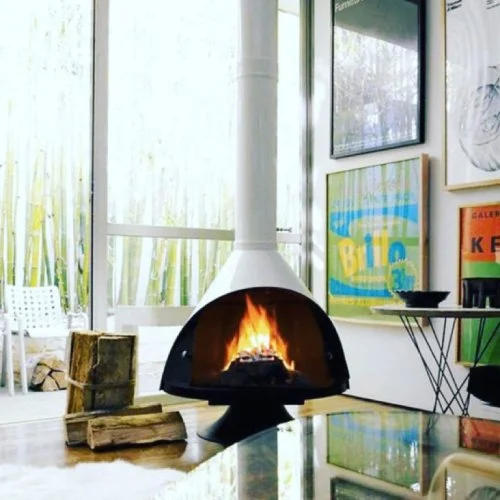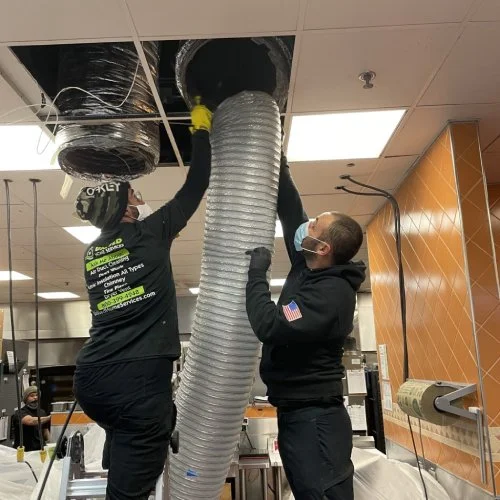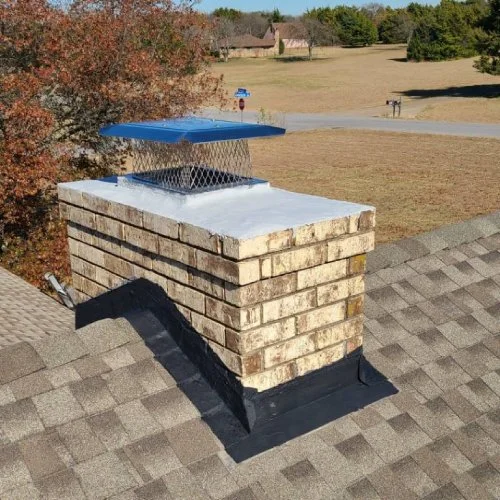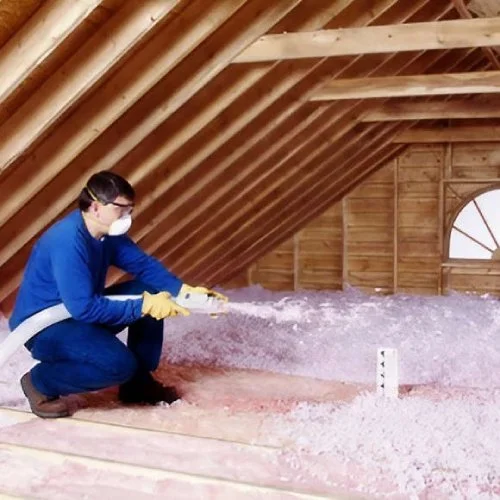Chimney Relining Services
Chimney relining is a critical service that helps protect your home from fire hazards and ensures the proper venting of smoke and combustion by-products. With our expertise and experience, we can recommend and install the right chimney liner for your specific needs. Trust United Home Services to keep your chimney in top shape for years to come. We believe in transparent pricing, offering upfront quotes with no hidden fees, ensuring you get the best value.
Why Choose United Home Services?
Choose United Home Services with confidence. Our certified chimney professionals bring years of industry experience and expertise to every project. We prioritize fire hazard protection by using top-quality chimney liners, renowned for durability and heat resistance. By exclusively sourcing materials from trusted suppliers, we ensure longevity and reliability in every installation. Our technicians pay meticulous attention to detail, guaranteeing proper installation and delivering ultimate customer satisfaction.
Why Is Chimney Relining Necessary?
Chimney relining is necessary to ensure the safety and efficiency of your chimney system. Over time, chimney liners can deteriorate due to wear and tear, moisture damage, or exposure to extreme temperatures. Here’s why chimney relining is important:
Fire Protection
Old or damaged chimney liners can become a fire hazard. Cracks or gaps in the liner can allow heat and combustion by-products to escape into the walls surrounding your chimney, increasing the risk of a chimney fire.
Carbon Monoxide Safety
Damaged chimney liners can also cause carbon monoxide to leak into your home. Carbon monoxide is a colorless and odorless gas that can be deadly in high concentrations. Chimney relining helps prevent carbon monoxide leaks and ensures your family’s safety.
Improved Efficiency
A damaged chimney liner can obstruct proper airflow and affect the efficiency of your fireplace or heating system. Relining your chimney helps restore optimal airflow, improving your chimney system’s performance and energy efficiency.
Extended Lifespan
By investing in chimney relining, you can extend the lifespan of your chimney system. A high-quality chimney liner can protect your chimney from further damage and deterioration, ensuring it serves you for many years to come.
When Do You Need A Chimney Relining?
Cracks And Gaps In The Liner
If you see visible cracks or gaps in your chimney liner, it is damaged and needs attention. These openings can allow heat and gases to escape, posing a fire hazard and compromising the safety of your home.
Smoke Entering The Room During Fireplace Use
If smoke enters the room when using your fireplace, the chimney liner is no longer functioning properly. This issue can occur due to cracks, gaps, or other liner damages that disrupt the proper venting of smoke.
Chimney Fires Or Lightning Strikes
If your chimney has recently experienced a fire or been struck by lightning, inspecting the chimney liner for damage is crucial. These events can cause severe damage to the liner and compromise its ability to vent smoke and gases safely.
Smoke Entering The Room During Fireplace Use
Relining the chimney becomes necessary when installing a new fireplace or heating appliance that uses a different fuel type than your existing one. Different fuel types produce different byproducts, and the chimney liner needs to be suitable for the specific appliance’s venting requirements.
Chimney Was Built Without A Liner
Older homes may have chimneys that were built without a liner. If your chimney falls into this category, it’s essential to have a chimney liner installed to ensure the safe venting of smoke, gases, and combustion by-products.
Our Chimney Relining Process

Step 1: Initial Inspection And Assessment
Our certified chimney professionals will thoroughly inspect your chimney, assessing the condition of the existing liner and identifying any potential issues. This step helps us determine the appropriate relining solution for your specific chimney.

Step 2: Selecting The Right Chimney Liner
Based on the inspection results and your specific requirements, we'll recommend the best chimney liner for your chimney system. We use high-quality materials designed to withstand high temperatures and provide long-lasting protection.
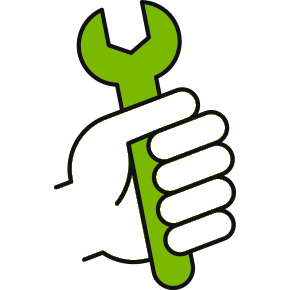
Step 3: Preparing Chimney For Relining
Before installing the new chimney liner, we'll prepare the chimney by thoroughly cleaning it and making any necessary repairs. This ensures a clean and stable base for the new liner. This step also involves pulling out the old liner.
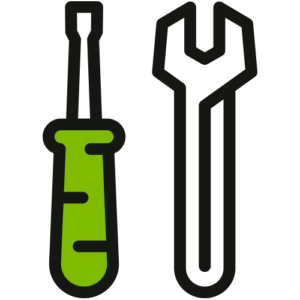
Step 4: Installing The New Chimney Liner
Our technicians will carefully install the new chimney liner, ensuring a tight and secure fit. We'll carefully align and position the liner to optimize its performance and efficiency.

Step 5: Final Inspection And Testing
Once the chimney liner is installed, we'll conduct a final inspection to ensure everything works properly. We'll test the functionality of the liner and address any additional concerns or issues you may have.
Chimney Relining FAQs
What Is Chimney Relining, And Why Is It Necessary?
Chimney relining involves installing a new chimney flue liner inside your existing chimney structure. It’s necessary to ensure your chimney system’s safety and proper functioning. Over time, chimney liners can deteriorate or become damaged, compromising your home’s fire protection and carbon monoxide safety.
How Do I Know If My Chimney Needs To Be Relined?
You may need a chimney relining if you notice any cracks or gaps in the chimney liner or if the smoke is entering your rooms during fireplace use.
You might also need to get your chimney inspected (and relined when required) if you have recently experienced a chimney fire or a lightning strike.
What Are The Different Types Of Chimney Liners?
There are various types of chimney liners available, including clay flue liners, ceramic or cement liners, and metal flue liners.
Clay and ceramic/cement liners are durable but can eventually deteriorate. Metal flue liners, specifically stainless steel liners, are the most recommended due to their durability and fire protection capabilities.

